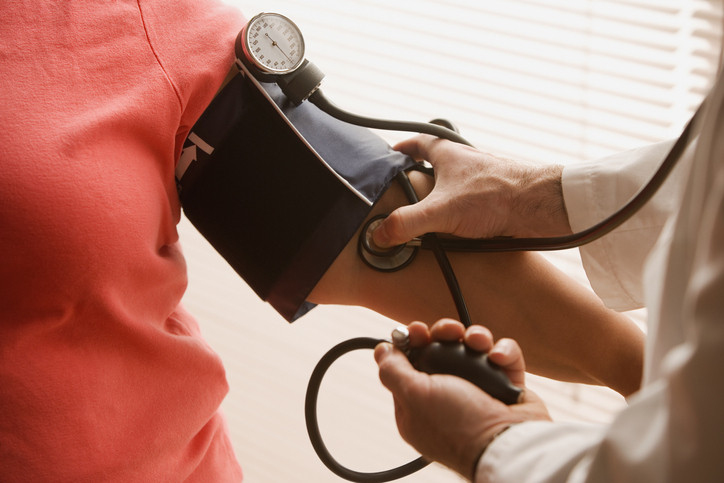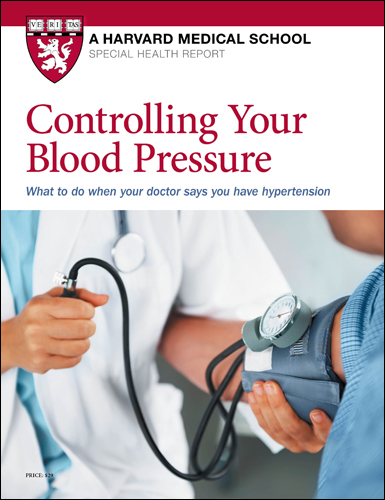A lower blood pressure goal benefits some older adults
In the journals
- Reviewed by Howard E. LeWine, MD, Chief Medical Editor, Harvard Health Publishing; Editorial Advisory Board Member, Harvard Health Publishing

As people reach their later years, the benefits of taking more medication to lower blood pressure need to be weighed against the risks. The benefit of a reduced likelihood of suffering a cardiac event — such as a stroke, heart attack, or heart failure — shows up years later. On the other hand, the risks of dizziness, fainting, and falls from too-low blood pressure can happen within weeks of increasing medication dosages.
To get a better understanding of how long it takes to see health benefits of aggressive blood pressure treatment in older people, researchers analyzed six previously published clinical trials involving more than 27,000 adults with high blood pressure, ages 60 and older, comparing usual care to more intensive blood pressure control.
The investigators found that it took 34 months after initiating more intensive blood pressure treatment — with a goal for systolic blood pressure (the first number in a reading) of less than 140 mm Hg — to see a meaningful reduction in the risk of a major cardiovascular event.
While in general a lower blood pressure is better, this study suggests an older person's prognosis should be considered along with other factors such as drug side effects when determining a personal blood pressure goal. The study was published online May 9, 2022, by JAMA Internal Medicine.
Image: © Jose Luis Pelaez Inc/Getty Images
About the Author

Matthew Solan, Executive Editor, Harvard Men's Health Watch
About the Reviewer

Howard E. LeWine, MD, Chief Medical Editor, Harvard Health Publishing; Editorial Advisory Board Member, Harvard Health Publishing
Disclaimer:
As a service to our readers, Harvard Health Publishing provides access to our library of archived content. Please note the date of last review or update on all articles.
No content on this site, regardless of date, should ever be used as a substitute for direct medical advice from your doctor or other qualified clinician.













